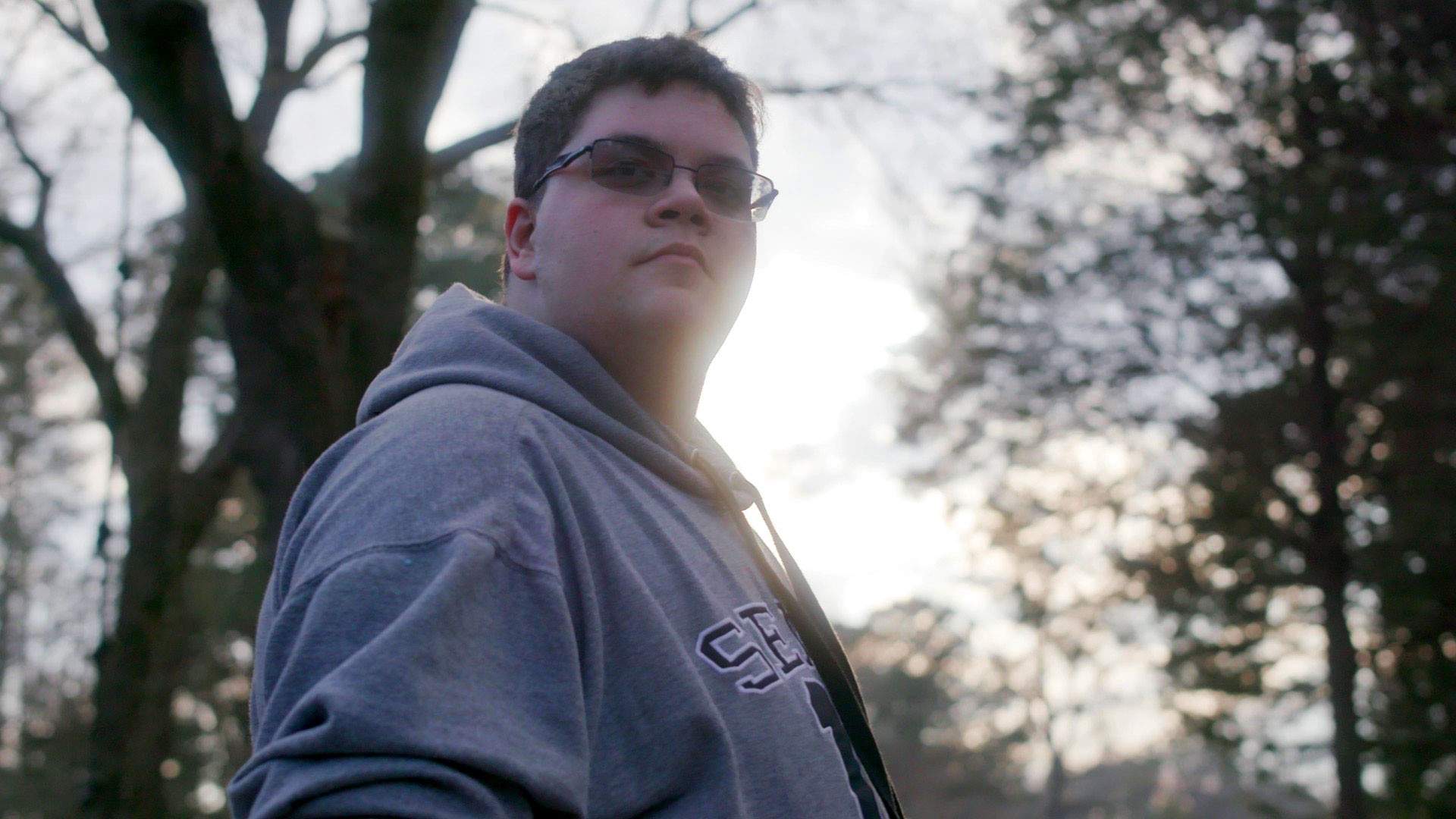Photo by Guille Faingold via Stocksy
A Christian couple is planning to sue a British elementary school after being outraged when a transgender six-year-old student began attending class in a dress.Nigel and Sally Rowe have two sons: one aged eight, and one six. Until recently, both attended a Church of England school on the Isle of Wight—until, that is, the school allowed their son's gender non-conforming student to wear a dress to class.The Rowes told the Daily Mail that their six-year-old son was "confused as to why a boy was now a girl," and claimed that the school's compliance with legislation designed to protect trans people was interfering with their religious freedom."We're doing it because we want to make a stand for parents like ourselves who feel there is an agenda going on that is overriding our beliefs," Nigel Rowe said. "In basic terms, we believe it is wrong to encourage very young and vulnerable children to embrace the false promise of transgenderism."According to the BBC, the couple have since pulled their six-year-old son out of class and will now home-school him. Their older son was withdrawn from the same school a year ago after one of his transgender classmates also began to wear a dress. The Sunday Times reports that the two parents are expected to argue in court that the school has undermined their ability to raise their children in accordance with their religious beliefs.In the US, transgender students have suffered under "bathroom bill" laws in states like North Carolina, which banned trans people from using facilities that corresponded to their gender identity. Given that LGBTQ mental health charity Pace reports that 48 percent of young transgender people have attempted suicide, the early support and acceptance of your school and peers can make the difference between life and death. So how do you best explain transgender rights and issues to young children?
**Watch: **Gavin Grimm: The Student at the Heart of the Trans Civil Rights Movement
"I don't think we should draw too many conclusions about the child in this case," explains Dr. Bernadette Wren, a clinical psychologist who works with trans children. "Because you might not know exactly what's going on in that child's specific case. I probably wouldn't even use the word 'trans.'"Instead, Wren explains, you should couch it in softer language. "I would say that, in the old days, people were more expected to dress in certain ways and play in certain ways depending on whether they were known as a boy or a girl. And nowadays, people can choose more what they want to do."Green agrees. "You just need to be matter of fact," she says. "The world is full of difference, everybody is unique, and some people may be born with a boy or girl's body, but that doesn't fit with who they are in their brain or head."In her own experience, children are incredibly adaptable. "Kids accept it really quickly," she says. "They get it very quickly and don't seem to have any massive issues around it. In my experience, it's usually the parents who can't understand it."Wren adds that it is equally important that gender non-conforming children aren't made to be the subject of unwanted and unnecessary attention.
Advertisement
Mermaids, the UK charity for transgender children, has spoken to the families of the two gender non-conforming children and identified both of them as trans. "I'm a little bit concerned that this debate is even taking place," says Mermaids spokesperson Susie Green. "Transgender children are real."A spokesman for the Diocese of Portsmouth, which runs the Isle of Wight school, told the Mail: "Our schools are inclusive, safe spaces where pupils learn to respect diversity of all kinds. We comply with the legal requirements of the Equality Act 2010 and believe that all should feel welcomed, valued and nurtured as part of a learning community."Read more: My Life as a Trans Woman Teaching High School in a 'Bathroom Bill' State
Advertisement
**Watch: **Gavin Grimm: The Student at the Heart of the Trans Civil Rights Movement

"I don't think we should draw too many conclusions about the child in this case," explains Dr. Bernadette Wren, a clinical psychologist who works with trans children. "Because you might not know exactly what's going on in that child's specific case. I probably wouldn't even use the word 'trans.'"Instead, Wren explains, you should couch it in softer language. "I would say that, in the old days, people were more expected to dress in certain ways and play in certain ways depending on whether they were known as a boy or a girl. And nowadays, people can choose more what they want to do."Green agrees. "You just need to be matter of fact," she says. "The world is full of difference, everybody is unique, and some people may be born with a boy or girl's body, but that doesn't fit with who they are in their brain or head."In her own experience, children are incredibly adaptable. "Kids accept it really quickly," she says. "They get it very quickly and don't seem to have any massive issues around it. In my experience, it's usually the parents who can't understand it."Wren adds that it is equally important that gender non-conforming children aren't made to be the subject of unwanted and unnecessary attention.
"You don't want to spotlight these kids. If they're exploring gender and gender roles, you just want to quietly allow them to get on with that without any boundaries, without making it an issue that other adults are concerned about," she explains. "If the child becomes the center of attention, that can be really uncomfortable for them."Ultimately, good parenting is all about explaining things to your kids in a calm, non-judgmental way. "[The Rowes] are saying their sons don't understand what's going on and are confused," Green says. "But my kids get confused about their maths homework, and then I explain it, and they aren't confused any more. This is the same thing."
